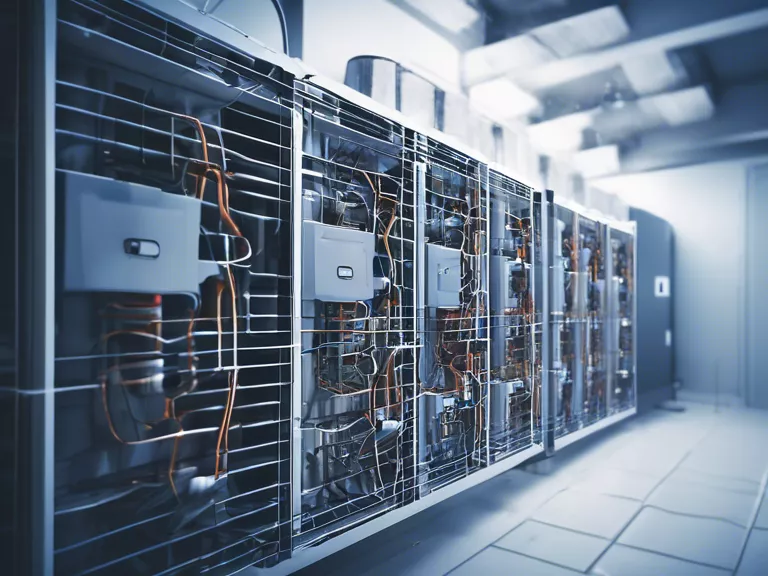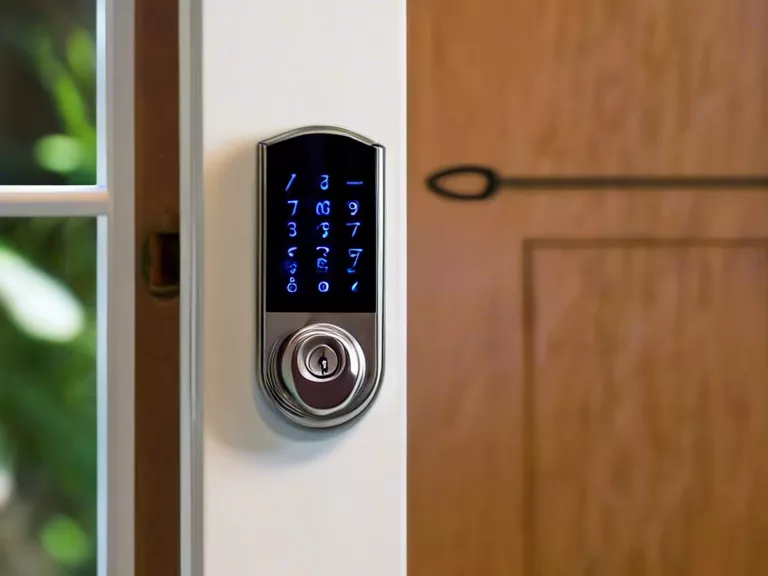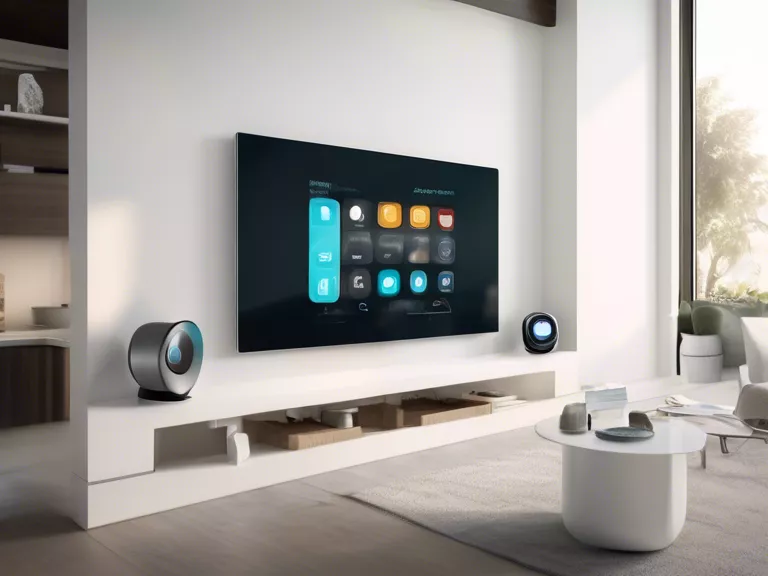
AI technology is revolutionizing HVAC systems, making them smarter and more efficient. By using machine learning algorithms, AI can analyze data in real-time and make optimal adjustments to heating, ventilation, and air conditioning systems. This results in improved energy efficiency, cost savings, and a more comfortable indoor environment for building occupants. Let's explore the key role of AI in creating smarter HVAC systems.
One of the primary ways AI enhances HVAC systems is through predictive maintenance. By analyzing historical data and patterns, AI can predict when a system is likely to fail and proactively schedule maintenance to prevent downtime. This not only saves money on repairs but also increases the lifespan of equipment.
AI can also optimize HVAC systems for energy efficiency. By continuously monitoring the performance of the system and adjusting settings based on factors like occupancy levels, outdoor temperature, and humidity, AI can reduce energy consumption without sacrificing comfort. This leads to lower utility bills and a reduced carbon footprint.
Furthermore, AI can improve indoor air quality by monitoring factors like humidity, air pollutants, and ventilation rates. By detecting and responding to changes in real-time, AI ensures that occupants are breathing clean and healthy air at all times.
In commercial buildings, AI-powered HVAC systems can also coordinate with other building systems, such as lighting and security, to create a more integrated and efficient building management system. By sharing data and insights across different systems, AI can optimize overall building performance and occupant comfort.
Overall, AI is playing a crucial role in making HVAC systems smarter and more efficient. From predictive maintenance to energy optimization to indoor air quality management, AI technology is transforming the way buildings are heated and cooled. As the technology continues to evolve, we can expect even greater improvements in the efficiency and sustainability of HVAC systems.



